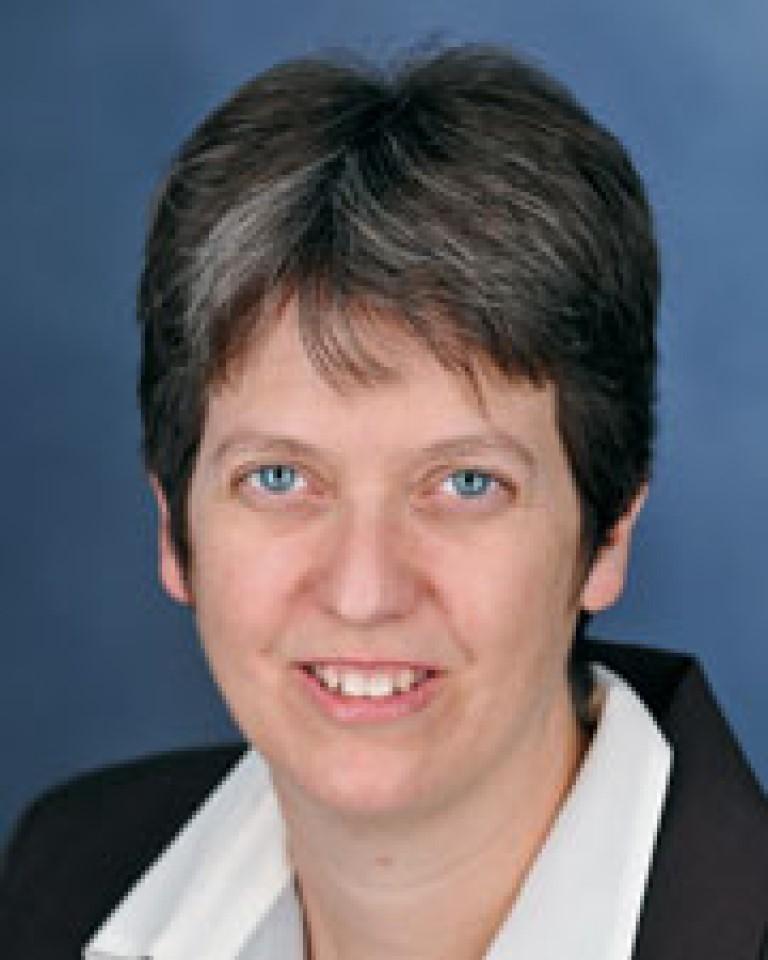Jennifer Gleason

MENTOR SPOTLIGHT | OCTOBER 2016
Department: Ecology and Evolutionary Biology
Describe your work in a few sentences that we can all understand: I study the evolution and genetics of courtship behavior in fruit flies. Despite being so small, flies have complicated courtship and with over 3,000 in one genus (Drosophila), we have plenty of diversity to sample. My lab members are I are trying to understand how the use of different senses (particularly hearing, smell and sight) changes among species so that males and female can identify the right individuals for mating. We look at how use of these senses change over time and what genes affect these behaviors.
Q: How did you first get interested in doing research?
A: I can’t remember a time that I wasn’t interested in science. I became interested in my field when I first learned about molecular evolution in an anthropology course in college. Realizing that I could combine genetics with animal behavior led me to my research area.
Q: What do students in your discipline learn by doing research that they wouldn’t learn by just taking classes?
A: Much of animal behavior and evolution is based on fundamental concepts that any student of biology can grasp. Combine that with the ease of manipulating Drosophila and students can quickly develop their own experiments. Students in my lab move quickly from an experiment planned by others to ones that they plan themselves. This allows students to design experiments and, with a few exceptions, they don’t have the opportunity to do that in classes.
Q: What do you find to be the most exciting part of doing research or creative work? What makes this line of work meaningful and interesting to you?
A: The questions we can address are always exciting. When we test hypotheses and get unexpected results, that always leads to new questions. Even when we get expected results, there are still more questions because of limitations of the methods we have to use. There’s always a new experiment to be done.
Q: What advice do you have for undergraduates interested in doing research in your field?
A: My advice is to always try new things and to not get discouraged. So many times when we do an experiment we realize half way through, or even at the end, that the experiment isn’t quite designed the right way, despite our best efforts at designing the experiment in advance. You have to be willing to adjust and start over. You have to try new things and develop your own methods sometimes.
Q: For many students, doing research or a larger creative project is the first time they have done work that routinely involves setbacks and the need to troubleshoot problems. Can you tell us about a time that your research didn’t go as expected? Or about any tricks or habits that you’ve developed to help you stay resilient in the face of obstacles?
A: When does research goes as you expect? There are always surprises. We recently did some experiments in a new species (to the lab) of fly in which we wanted to know if females chose between familiar and unfamiliar males. The first time we did the experiment we realized that females were selecting against the male we had marked, which meant we had to find a new way to mark the males. We repeated the experiment and then realized, when the females always chose the familiar male, that we hadn’t accounted for male experience. Both of these situations have led to even more experiments to understand male experience and what it was about marking males that made them unattractive. At the moment we have so many more questions that it feels like we are further from answering the original question. Still, we are gaining insights into evolutionary processes so we are learning more than we expected.
You have to be persistent in research and cannot take failures personally. I know it is a cliché, but every failure is a learning experience. When experiments are successful, you need to celebrate every data point. Share your successes with your lab and celebrate your lab mates’ successes as well.
Q: How do you spend your time outside of work?
A: I am a Girl Scout troop leader for one of my daughters and I am highly involved in the troop of my other daughter. I have a great time with the girls, particularly when we go camping. I see many budding scientists among the girls and hope to encourage their curiosity and experimentation.